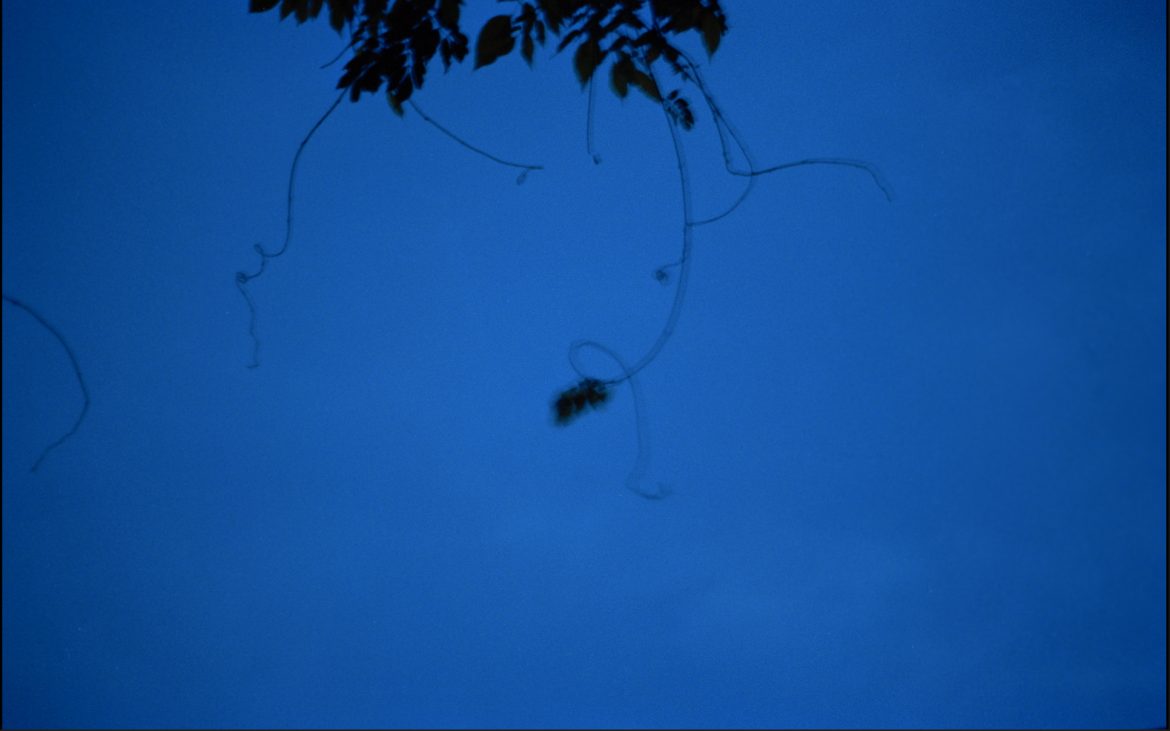Once More with Feeling: A reinvention of ‘hysteria’ using photography, performance and autofiction.

In this practice-based research project I use photography, performance and autofiction to interrogate and represent contemporary female experience of the condition known as ‘hysteria’.
Hysteria manifests itself as bodily symptoms with no organic cause. Sigmund Freud says it is rooted in repression. The conscious mind rejects an inadmissible thought or memory and pushes it into the unconscious. The repressed thought may then return in the form of bodily symptoms. Although Freud and neurologist Jean-Martin Charcot before him rejected the association of hysteria with the uterus, making it an essentially female disorder, they retained the hypothesis of a conflict of a sexual nature at work in the aetiology of the illness. Later Jacques Lacan posits the female hysteric as one who never ceases to ask the question ‘what is it to be a woman?’
In my ‘reinvention’ of hysteria I turn to Freud’s writings on hysteria and Lacanian elaborations on the subject. I also consider visual representations of hysteria from early medical iconography to contemporary artistic practices.The now infamous black and white photographs of hysterics that were taken at the Salpêtrière hospital in the late nineteenth century, have become synonymous with hysteria. Hysteria tends to be thus relegated to an outdated theatre of suffering. I want to find another way to represent hysteria which avoids such stereotyping and doesn’t reduce the image of the hysteric to the sensationalist spectacle of an idealised suffering.
I seek to tell the hysterics’ story ‘once more with feeling’. I create narratives in images and texts, which weave together references to Breuer and Freud’s Studies in Hysteria (1895), Gustave Flaubert’s Madame Bovary (1856) and personal experiences which I situate within fiction. In doing so my work slips constantly between fact and fiction. This slippage builds upon the ambiguity that characterises the hysteric’s speech and her reputation as an unreliable narrator.
I focus on my protagonist’s internal conflicts in and attempt to listen to what she has to say rather than remain fascinated by the image of her condition. Taking my lead from Freud, who turned away from the observation of symptoms to listen to what his female patients were telling him, I aim to create a space between image and text, in the non-correspondence between image and text, in which my character asks what is her desire and the viewer/reader may hear the echoes of their own uncertainties.